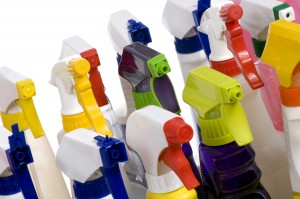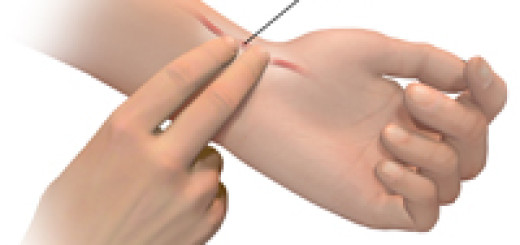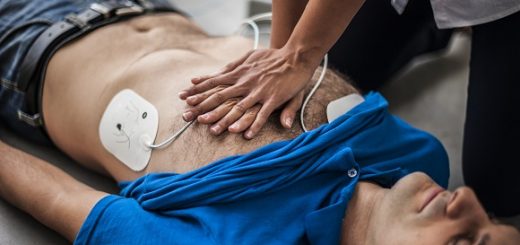First aid tip: How to prevent poisoning
Poisons are substances that if inhaled, ingested, absorbed or injected, harm the human body. You can read more about poisons in our blog post on the correct first aid treatment for poisoning.
Some types of poisons may act immediately on the body, others may act more slowly. Some poisons, such as cyanide, are so toxic they only require a tiny amount to be harmful, while others, such as garden sprays, are cumulative and require exposure over a long period to achieve the same level of toxicity. Some may be carcinogenic, and cause fatal cancers some years after exposure. Whatever the poison, remember that prevention is much better than cure!
How to prevent poisoning
- Store medicines, chemicals and household products safely out of reach and out of sight of children, up high (at least 1.5m) in a locked or child resistant cupboard.
- Do not take other people’s medicines.
- Keep household chemicals separately in a secure place
- Use medicines and chemicals safely. Be sure that all products are properly labelled and in their original containers.
- Clean out your medicine cupboard periodically. Take out-of-date medicines to a pharmacy for disposal.
- Refer to medicines by their correct names. They are not sweets or lollies.
- Use personal protection equipment/clothing (PPE) when spraying or painting. Ensure there is adequate ventilation, with circulating air.
- Keep everything in original containers never in cups or soft drink bottles.
If poisoning occurs, obtain a history, look for empty bottles, containers, and sometimes suicide notes. If possible, ascertain what poison or medicine has been taken, including how much and when.
The wide varieties of poisonous substances present with a similarly wide variety of signs and symptoms. The list below is not exhaustive, but casualties may present with all, or at least some of them.
Want to learn more about first aid? Have a go at our free online first aid courses







Good knowledge on first aid tops